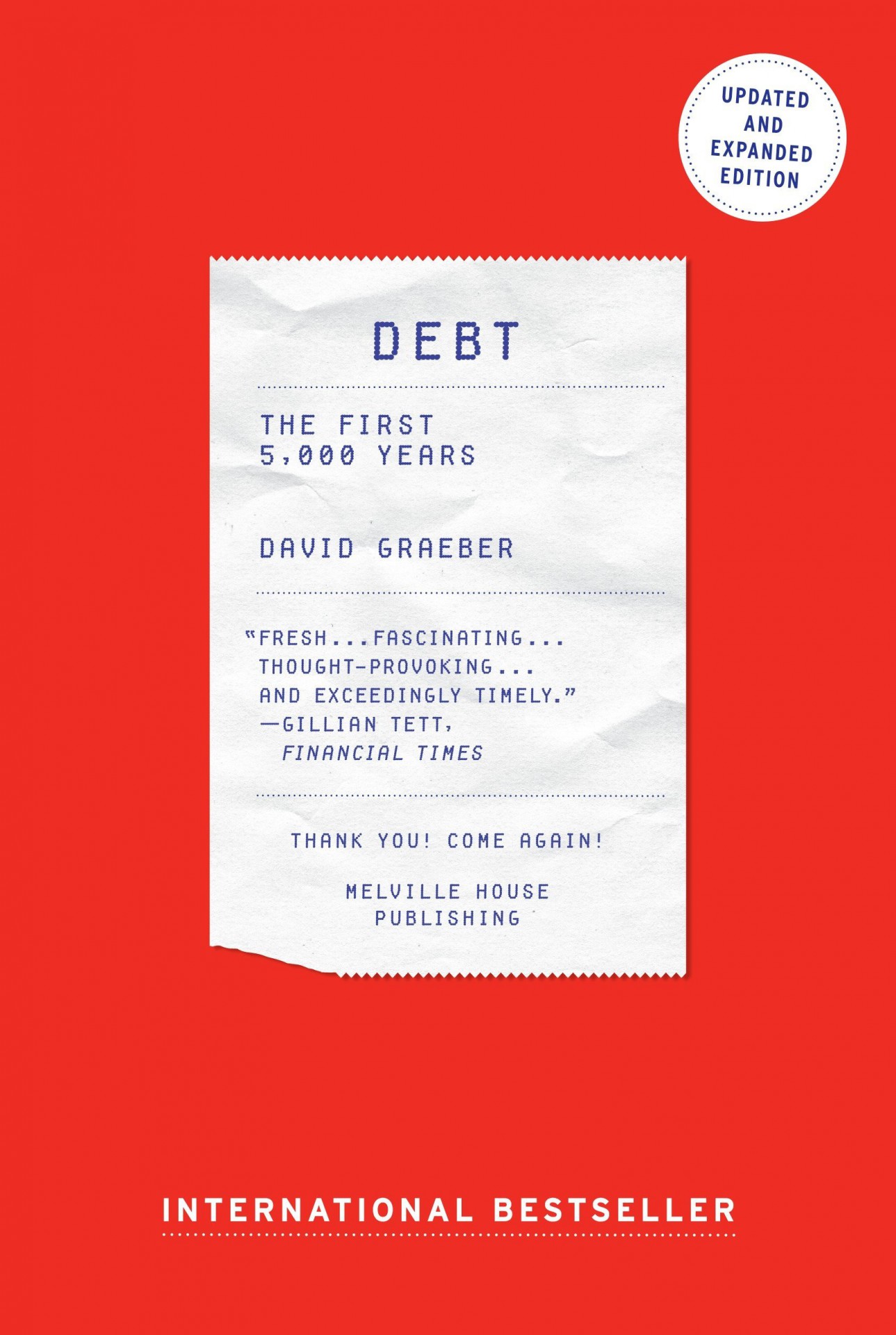Talk about debt on the People United, part 2
9 Nov 2011
Part 2 of the talk at MonkeyWrench Books in Austin TX, on the book Debt: The First 5,000 Years. November 9, 2011.
Money is government debt. Without debt there would be no money. Commercial banks would not have money unless they lend it. There is no morality in paying back a loan at all. Trade deficit means that a country received more from the other countries than it gives. Treasury bonds are held by countries which were occupied by (or under the protection of) American military or lend money which they never ask back (treasury bonds are being rolled over upon maturity). The holder of military control over other countries used to be called empire and the extorted money was the tribute. Now we have to say it is a loan (that never gets paid back).
The IMF is kicked out of East-Asia, Latin America, Middle East, etc. Now these structural adjustments have arrived to the UIS. They declare fiscal crisis and apply austerity plans, so-called neutral technocrats have an excuse to loot everything, cut government expenditure. It is about debt, but it is also about the dissolution of the American empire. It makes sense that the global movements started in Middle East, since it was the stomping ground of American imperialism. It moves on to Europe and finally hit the US itself. The dissolution of empires historically does not tend to have bad effects on the popular classes in the imperial metropole. Even if the 1% ties to grab everything inside, historically they don’t win in the end. Debt gives means to put this into a broader perspective.
Debt jubilee in ancient countries meant that all debts were cancelled as were the debts of the creditors. There were very few people were owed a lot of money, who didn’t owe anything themselves. Jubilees were institutionalised, they came from prophets and did come as state initiatives. Saudi Arabia tried it during the Arabian Spring. The example of Argentina showed that the social movement managed to delegitimise the entire political process. Currently, the options could be either a state initiative or a debt strike. To imagine what would the world look like after monetised market relations, we don’t need one utopia (which has a bad reputation) but many utopias. Most daily transactions happen on reciprocity, i.e “communistically”, already. Human relations cannot/should not be reduced to exchange. A paid debt means that the relationship has ended. Justice and reciprocity are viewed as a balance, but it is depressing to imagine that human relations are a form of “guilt” as it is in commercial terms.

